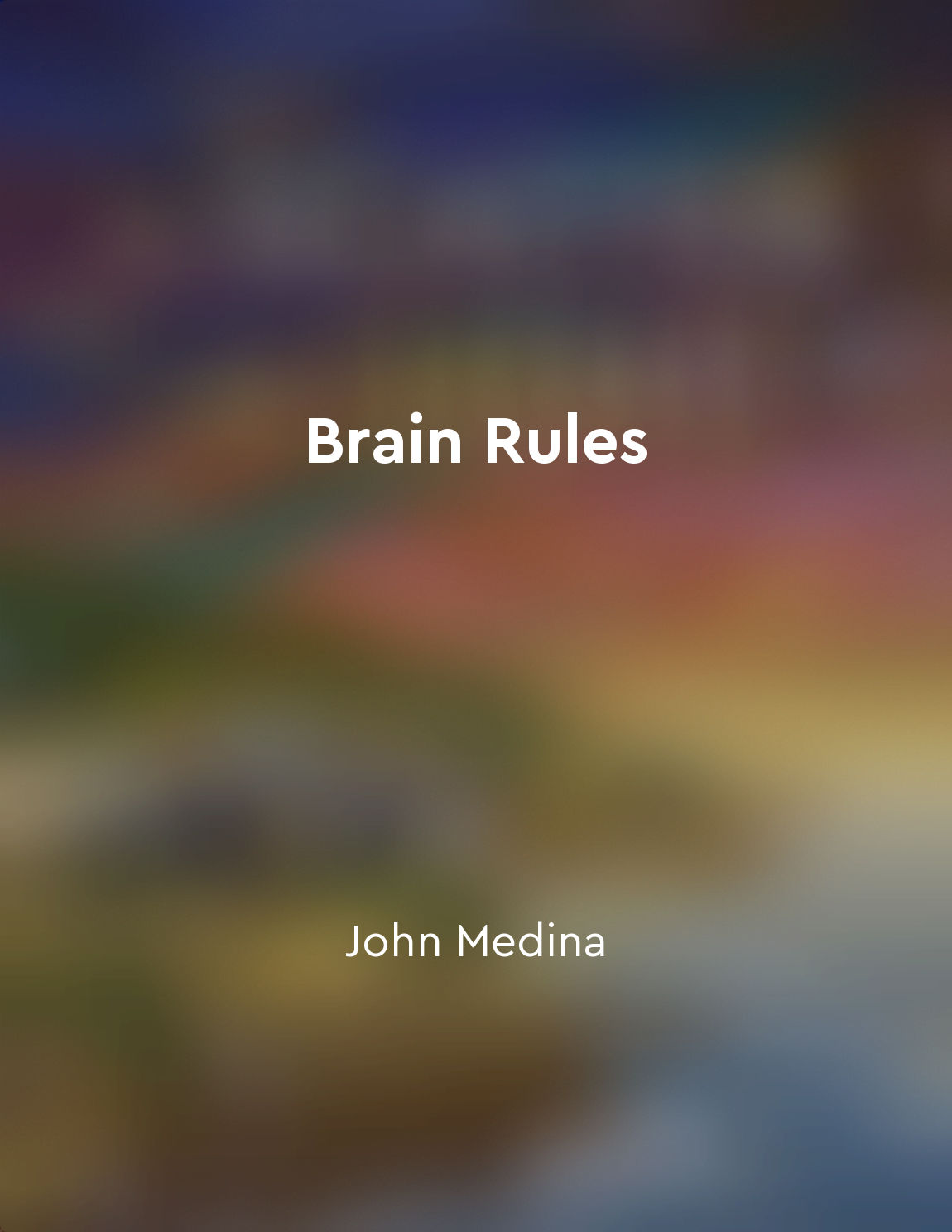The mind creates connections between ideas from "summary" of An Enquiry Concerning Human Understanding by David Hume
In the process of understanding the world around us, the mind naturally seeks to form connections between various ideas and impressions. This tendency is inherent in human nature, as we constantly strive to make sense of the complexities of our experiences. When we encounter a new idea or image, our minds instinctively look for similarities or relationships with familiar concepts. This mental activity is essential for the development of knowledge and understanding, as it allows us to build upon our existing beliefs and perceptions. Through the process of association, the mind links together ideas that are related in some way, whether through similarity, contiguity, or cause and effect. For example, when we see a flame, we immediately think of heat, as we have learned through past experiences that fire produces warmth. This association is not based on logical reasoning or deduction, but on the natural tendency of the mind to connect ideas that are frequently experienced together. These connections between ideas are not fixed or predetermined, but are constantly evolving as we gather new information and experiences. As we encounter more instances of a particular relationship between ideas, such as the connection between ...Similar Posts

Mantenga una actitud positiva en todo momento
Maintain a positive attitude at all times is crucial for your overall well-being and success. When you approach each situation ...
Clear explanations are essential for comprehension
When you're trying to explain something to someone, especially to students, you need to make sure that your explanation is crys...

Pay attention
The ability to pay attention is crucial in improving memory. When you are not paying attention, you are not taking in the infor...

Sleep well, think well
Getting a good night's sleep can significantly impact your cognitive abilities. When you sleep well, your brain functions at it...
Categorical imperative guides moral decisions
The categorical imperative, according to Kant, is a fundamental principle that guides moral decisions. It is not based on any c...
Cognitive biases can lead to irrational decisionmaking
Cognitive biases are subtle mental quirks that can have a major impact on our decision-making processes. These biases occur whe...

Stress negatively impacts memory retention
When stress levels are high, our brains are flooded with cortisol, a hormone that can interfere with the way memories are forme...

Manipulative individuals can be charismatic
Manipulative individuals often possess a charm that draws people in, making it easy for them to influence others to do their bi...

Cognitive reframing can change perspectives
Cognitive reframing is a powerful tool that can shift our perspectives and help us see things in a different light. By changing...
